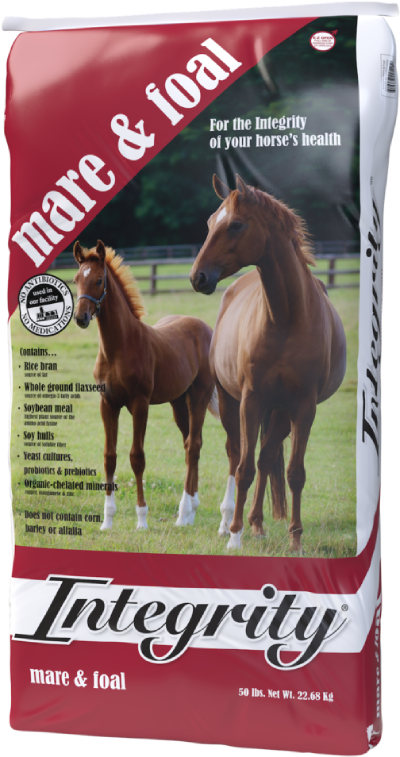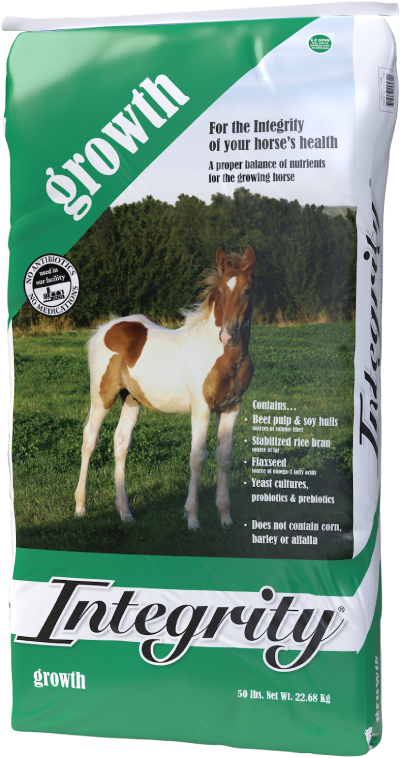Pregnant Mares Feeding Changes By The 6th Month
Why Pregnant Mares Require Feeding Changes
Pregnant mares that are approaching their 7th month of pregnancy should have changes in their feeding program. People often ask, “Why does a pregnant mare need anything different than a pregnant mare in the wild?”
The reasons are:
- To optimize nutritional health during pregnancy
- To maintain a Body Condition Score (BCS) that better prepares the mare for late pregnancy and early lactation stages
- To optimize BCS for mares during postpartum (after birth) breeding to improve conception rate and conditions for embryonic survival
While pregnant mares in the wild have only forage as a food source, they do have an opportunity to graze 24/7. Feral pregnant mares are dependent on the rain and typical seasonal transitions to provide adequate calories from the fresh forage during the early to mid-stages of pregnancy.
It’s not unusual for a feral mare to have a lower BCS in the final months of pregnancy due to inadequate food. Low BCS at foaling translates to even lower BCS during early lactation, causing pregnancy and foaling rates to decline and is part of the natural population changes that occur with wild animals.
Nutritional Requirements for Pregnant Mares
The 2007 edition of the National Research Council’s (NRC) Nutrient Requirements of Horses reported that energy requirements start to increase by 2.4% by the 5th month of pregnancy compared to non-pregnant mares. These recommendations are approximately 5 – 8% higher than previous recommendations.
As an equine nutritionist, I recommend making changes in feeding protocols at 6 months but not later than 6½ months. Fetal growth and growth of supporting tissues are significant by the 6th month and the energy demands increase.
An 1,100 lb, mare in the first 5 months of pregnancy that is lightly worked should be fed similar to a mare that is not pregnant. A daily diet for this scenario would approximate 16 – 17 lbs. of hay and 2.5 – 3.5 lbs. of an adult balanced formula such as Integrity Mare & Foal or Integrity Growth.
By the 6th – 7th months, the average increase in energy demands is near 6%. Feeding a better source of energy, higher protein, fermentable fiber sources and a formula that is balanced for all the required nutrients is essential.
By the 10th month, Integrity Mare & Foal should be the feed of choice. An 1,100 lb. pregnant mare in her 10th month would be fed approximately 20 lbs. of hay and 5.5 – 8 lbs. of Integrity Mare & Foal.


